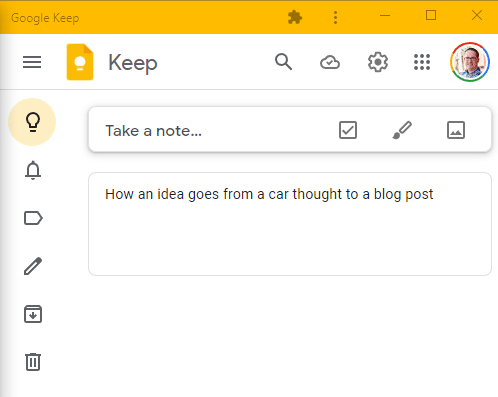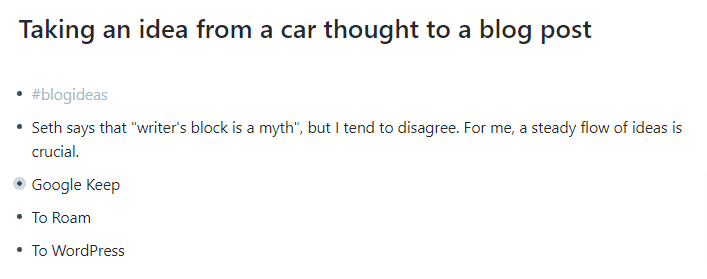Online accessibility has become an important topic over the past few years. I’ve shared some tips on how you can improve accessibility on your site, and this short podcast offers a few more bits of advice.
The question is — does Google reward your site for being accessible? The short answer is “no”, but the longer answer is a bit more nuanced.
Google’s John Mueller put it this way (via SE Journal):
“No, not really. So I think accessibility is something that is important for a website because, if you drive your users away with a website that they can’t use, then they’re not going to recommend it to other people.
But it’s not something that we would pick up and use as a direct ranking factor when it comes to search. Maybe that will change over time. ”
He’s not wrong. At this time, Google doesn’t measure and rank sites based on their level of accessibility. However, many of things that you need to work on to help with accessibility will also tend to help with your rankings in Google.
A site that loads quickly, doesn’t bury text in images, uses proper alt text, and makes good use of headings will accomplish both areas. Sites like that will be more accessible, but they’ll also tend to rank better.
Accessibility won’t be a bonus for your rankings in and of itself, but spending the time to do it right will have secondary benefits for you, and your users will absolutely appreciate it.

